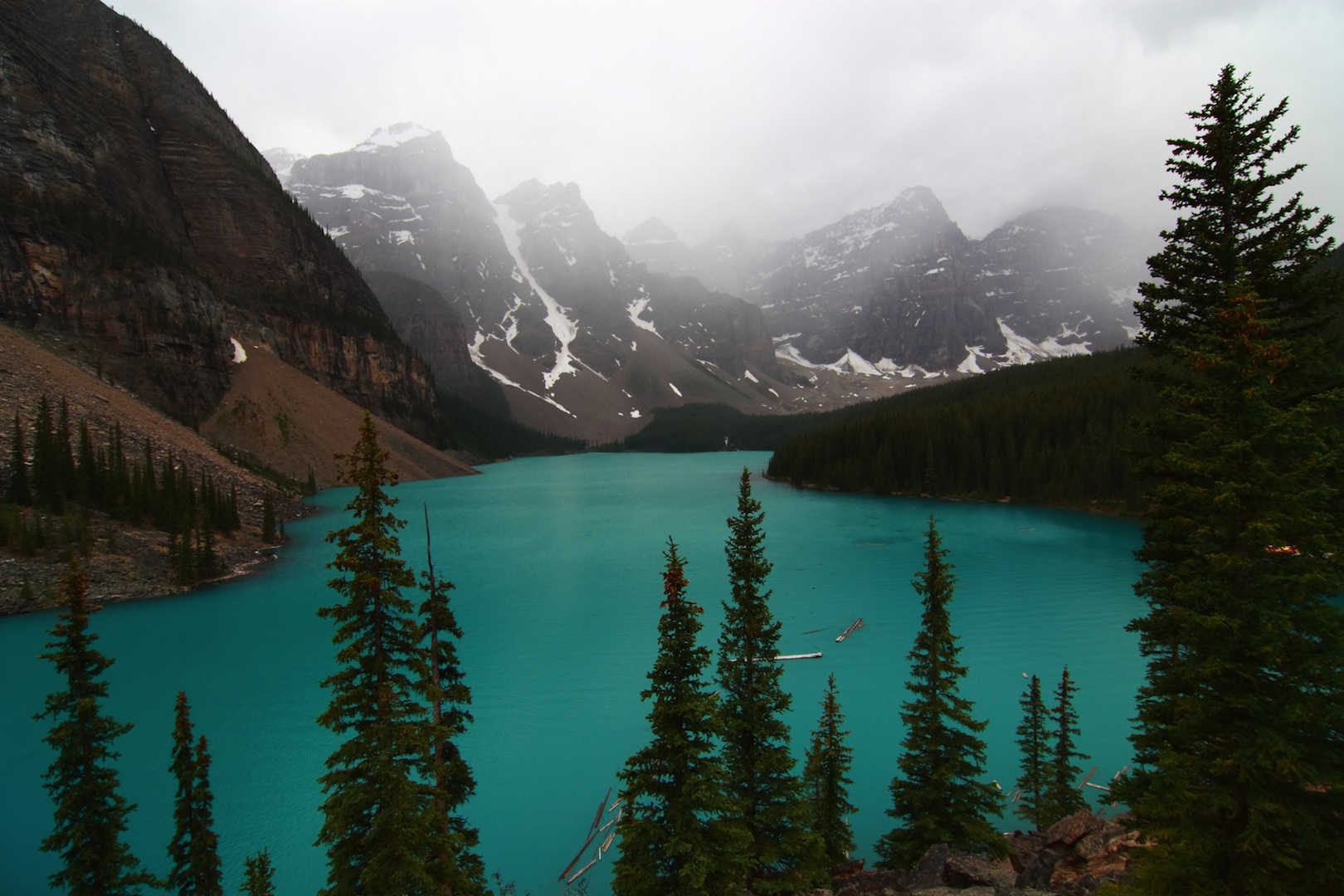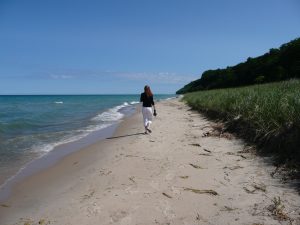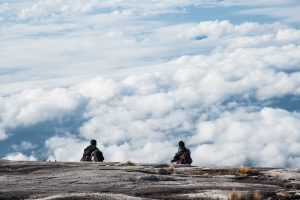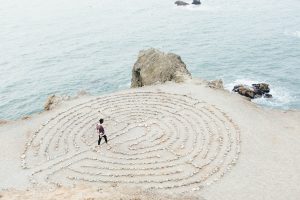I’m a Garrison Keillor fan who grew-up listening to A Prairie Home Companion. I still like listening to stories about Lake Wobegon’s residents, each full of humor and rich humanity.
There are many excellent stories in the Lake Wobegon canon, and my favorite is “Alaska.” This story – a heroine’s journey – is grand in scale, entertaining, poignant, fantastical, and, as with all really good stories, tells you a truth that is not dependent on fact. This truth is about our perception of our own abilities.
“Alaska” is the story of Mildred Windblatt who, in 1939, leaves Lake Wobegon for a teaching job in Kotzebue, Alaska. Shortly after she begins her new job, Mildred finds herself in need of other work. She travels south to Fairbanks, and on her first day there sees a Help Wanted sign in the only place open on the street, the newspaper. Garrison tells us:
“She walked in and there was a man who was sitting with his back to her. She said, ‘Do you have a job for someone who needs a job today?’
And he said, without looking at her, ‘Can you edit?’
She said, ‘…yes.’
He said, ‘Good. You’re the Editor.’”
The story continues and we learn more about Mildred’s adventures. The list is long and surprising. And though some other storyteller in another time might have made this story about luck or fate, this story is about how Mildred’s experiences were hers for the taking.
“[Mildred] wrote a letter back to my Aunt Betty back in Lake Wobegon. She said, ‘This is the frontier. They ask you if you can do it and you say, ‘yes,’ because they’re not going to check your record. You can just go and try to do it. And even if you find out that you can’t do it, well at least you’ll know more about it than you did when you started. This is the great thing about the frontier: it’s that you have a chance.’”
Where are the places where we have a chance and where the adventure is in the trying? Do we know them when we see them? Do we access that frontier spirit when we can?
What I’ve noticed recently, in my clients and myself, is how situational the willingness to have a frontier spirit can be. When I’m tromping through the woods or traveling in a new city, being adventurous seems the normal thing to do. In business, I see people taking risks and being adventurous when they operate on grand scales: making acquisitions, choosing new ventures, or opening new markets. We do not, however, bring this attitude to the routines and habits of day-to-day life. It seems we reserve our frontier spirit for large-scale actions.
But what would it feel like if we brought a little of it to the small things that we do every day: our conversations, our workouts, or our hobbies?
A frontier spirit is useful for its ingenuity, curiosity and fun. When projects or problems of any scale are viewed with an adventurous eye, it can change the expectation of what’s possible. There is a buoyancy that comes with adventure. You can say yes to things. You can try and you can learn. You can create the place where you have a chance.
So, what does this mean to the world of work and communication? It means that we are all walking around in our own frontiers every day – places where we need to figure things out as we go – and we can benefit from a sense of adventure.
Go, listen to “Alaska.” It’s funny. With any luck it will inspire you with a bit of frontier spirit. Here’s to adventure, big and small. Here’s to finding your inner Mildred Windblatt.





